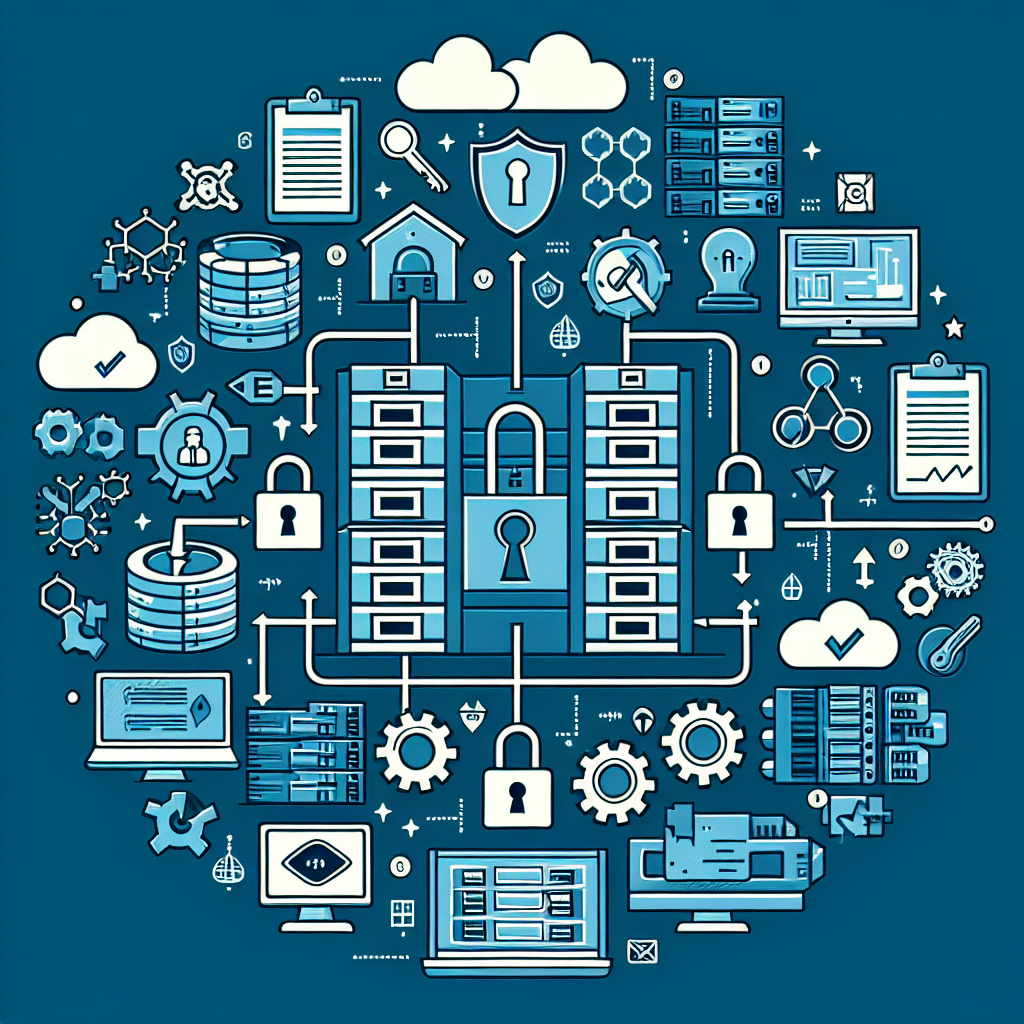Data security and compliance are two of the most critical concerns for businesses in today’s digital age. With the increasing amount of sensitive information being stored and processed in data centers, it is essential for organizations to have robust measures in place to protect their data and ensure compliance with relevant regulations. Service Level Agreements (SLAs) play a crucial role in this regard by outlining the responsibilities of both the data center provider and the client in ensuring data security and compliance.
SLAs are contractual agreements between a data center provider and their clients that define the level of service that will be provided, including performance metrics, uptime guarantees, and security measures. In the context of data security and compliance, SLAs specify the steps that the data center provider will take to protect the client’s data and ensure compliance with relevant regulations, such as the General Data Protection Regulation (GDPR) or the Health Insurance Portability and Accountability Act (HIPAA).
One of the key roles of SLAs in ensuring data security is the establishment of security protocols and measures that the data center provider must adhere to. This includes implementing encryption protocols, firewalls, intrusion detection systems, and other security measures to protect the client’s data from unauthorized access or breaches. SLAs also outline the procedures for data backup and disaster recovery, ensuring that the client’s data is protected in the event of a system failure or natural disaster.
In terms of compliance, SLAs specify the steps that the data center provider will take to ensure that the client’s data is handled in accordance with relevant regulations and industry standards. This may include regular audits and assessments to ensure compliance with data protection regulations, as well as providing the client with documentation and reports to demonstrate compliance.
SLAs also play a role in ensuring accountability and transparency in data security and compliance. By clearly outlining the responsibilities of both parties, SLAs help to establish a framework for resolving any disputes or issues related to data security or compliance. This includes defining the process for reporting security incidents, investigating breaches, and resolving any compliance issues that may arise.
Overall, SLAs are essential tools for ensuring data security and compliance in data centers. By clearly defining the responsibilities of both the data center provider and the client, SLAs help to establish a framework for protecting the client’s data and ensuring compliance with relevant regulations. Organizations that prioritize data security and compliance should carefully review and negotiate SLAs with their data center providers to ensure that their data is protected and handled in a secure and compliant manner.


Leave a Reply